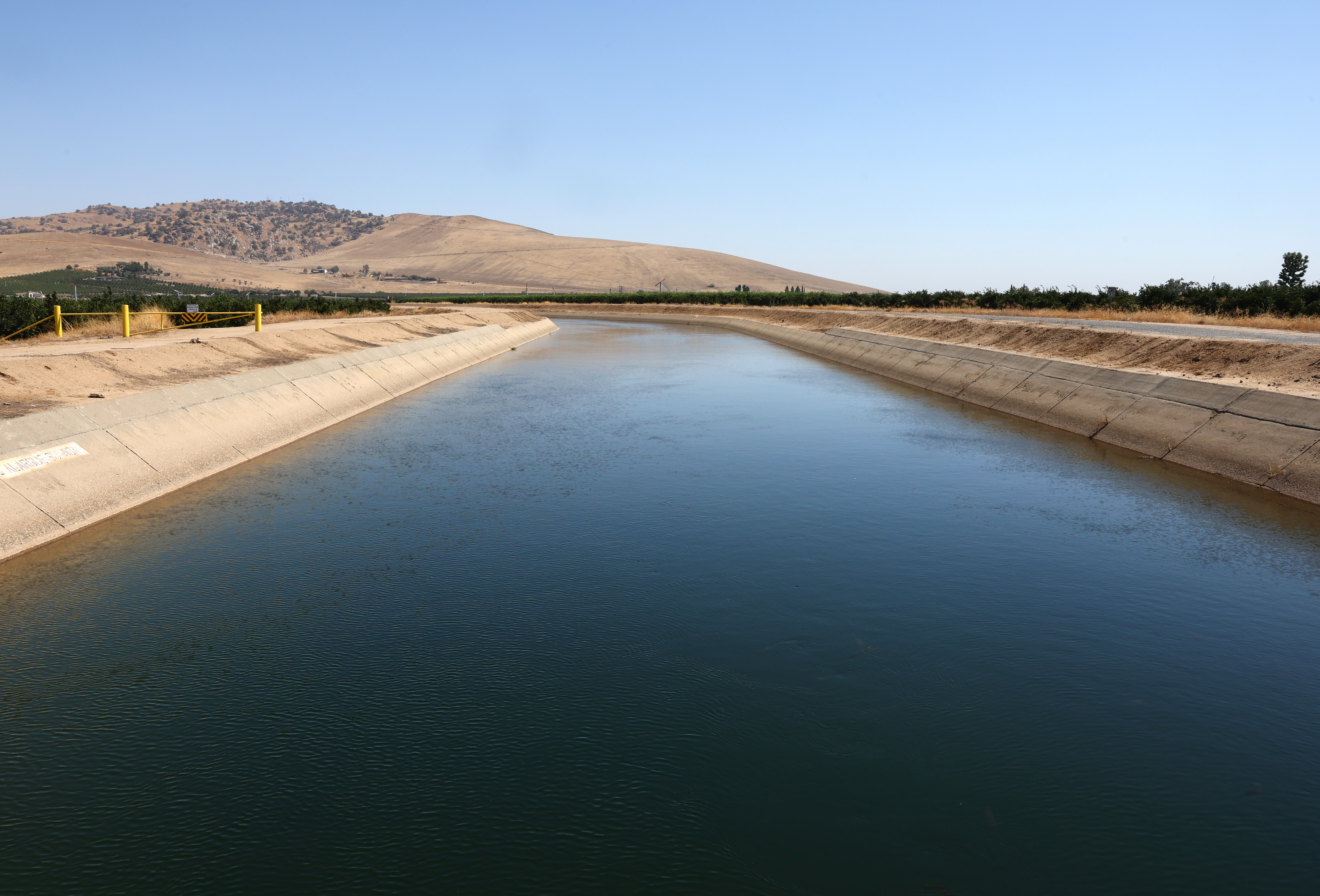A California law imposing steeper fines for water rights holders who commit minor violations and illegally divert water out of river systems during a drought has recently been approved by Gov. Gavin Newsom.
Officially signed into law on Sept. 22, AB 460 will raise potential fines for those who take water from rivers and streams without authorization to $10,000 daily.
Other fines outlined in the bill include $2,500 for every acre-foot of water taken and $2,500 for every day a cease-and-desist order to stop pumping water from a river is ignored.
Under AB 460, individuals who violate a permit or a floodwater diversion reporting requirement for groundwater recharge will also face a civil penalty of up to $1,000 per day beginning in 2026, double the current amount.
Only two years ago, a group of Siskiyou County ranchers diverted water from Shasta River and were hit with a $4,000 fine, about $50 per person. At the time, the farmers said they had to weigh the threat to their cattle and the ranching expenses with inadequate water against the threat of fines.
The conservation group California Trout, which co-sponsored the bill, claimed in a Sept. 24 statement on social media platform X that the bill now empowers the State Water Resources Control Board to raise fines when water is unlawfully diverted from rivers or streams.
“We need adequate water flowing through our rivers to promote healthy, functioning watersheds. When a river does not have enough water in it, it cannot meet the needs of people that rely upon it,” the group said.
“Similarly, native fish species cannot survive with no water to swim through. AB 460 will help keep water flowing through our rivers, meeting the needs of both fish and people.”
According to Analise Rivero, associate director of policy at the conservation group, the fines were so low that they could easily be ignored, but the new law will close “that loophole and makes the existing law stronger, and it’s an important step in disincentivizing water theft.”
AB 460 was authored by Assemblywoman Rebecca Bauer-Kahan and initially passed in May 2023. The bill underwent several changes but was passed last month and hit Newsom’s desk on Sept. 22.
Most of the revisions involved removing a provision that would have enabled California’s water board to issue interim relief orders, allowing immediate legal action against violators.
A coalition of agricultural associations and water agencies feared that punitive consequences could occur without adequate judicial review, and successfully pushed for that part to be removed before the bill was signed into law.














